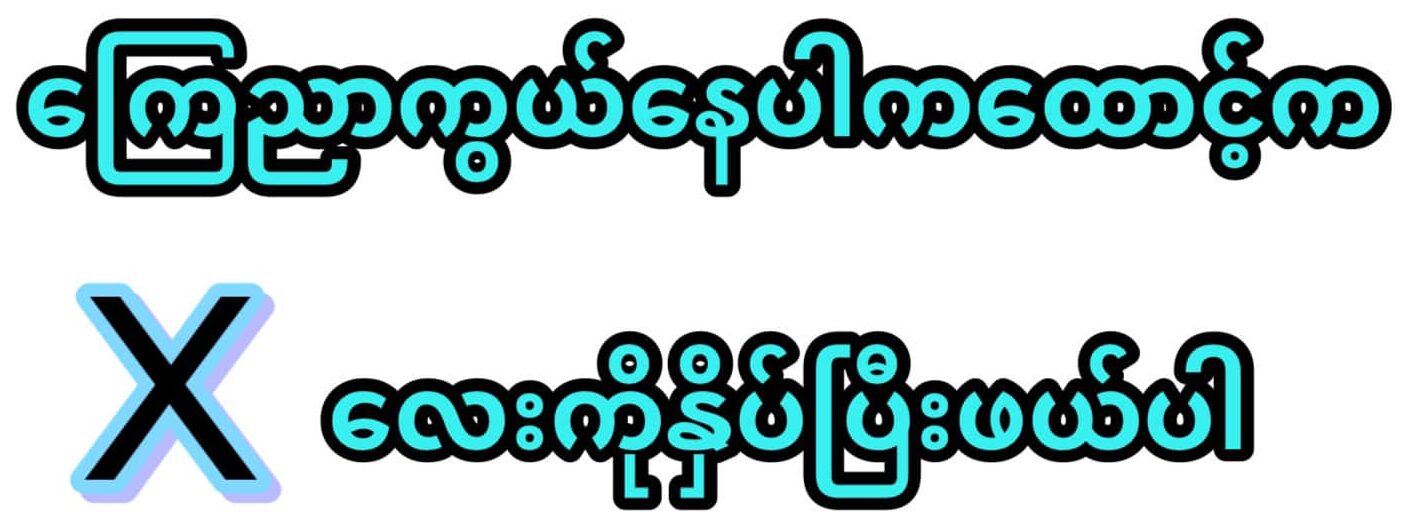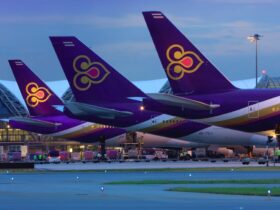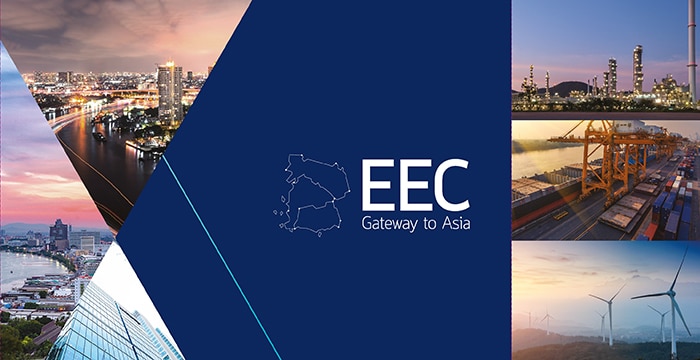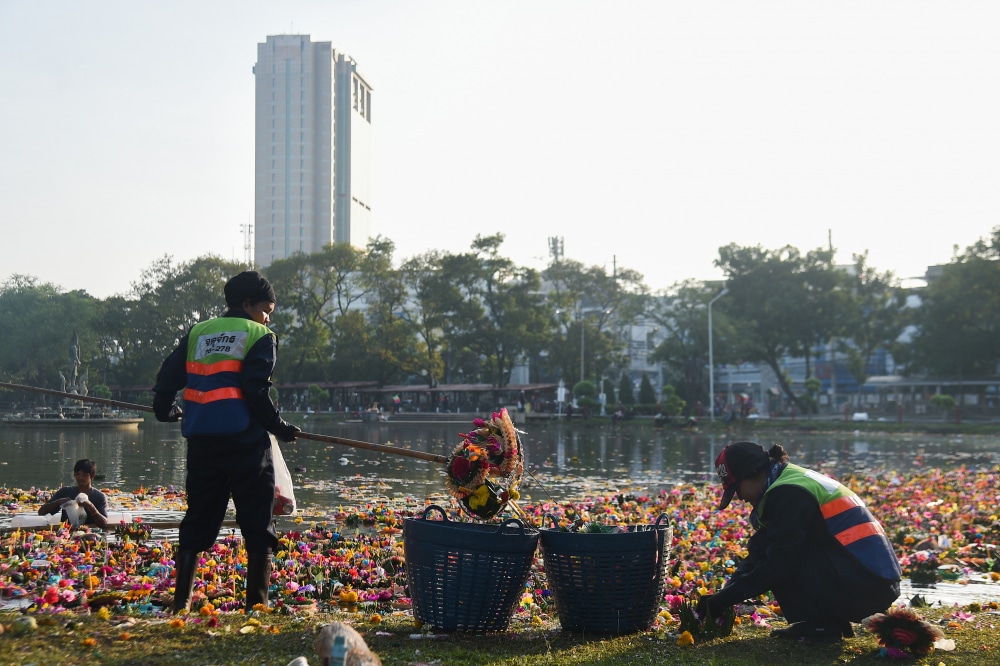Thailand convened discussions on Monday aimed at reengaging with Myanmar’s regime officials, in an initiative that has sowed discord among regional countries and drawn condemnation from Myanmar democracy advocates.
Thai Deputy Prime Minister and Foreign Affairs Minister Don Pramudwinai invited ASEAN foreign ministers, including Myanmar’s junta’s foreign minister, this week to clear the road for “completely reengaging Myanmar at the leaders’ level.”
Since late 2021, the Burmese regime’s top officials and foreign minister have been barred from attending ASEAN high-level meetings, following the junta’s failure to honour the bloc’s plan to restore peace in the country, which has been in upheaval since the military conducted a coup early that year.
The outgoing Thai administration has been chastised for holding the informal talks and inviting the junta’s foreign minister.
Key regional countries Indonesia—the current ASEAN chair—Singapore, and Malaysia boycotted Monday’s discussions in Pattaya, provoking discord among the regional bloc’s member states. Indonesia indicated that there was no consensus among ASEAN countries to reengage with the regime leaders, while Singapore stated that reengaging with the junta at the summit level would be premature. The conference was also criticised as a blatant violation of ASEAN’s consensus agreement not to invite junta representatives to high-level meetings by Myanmar’s alternative civilian administration, the National Unity Government, as well as more than 300 civil society organisations and regional parliamentarians.
The Burmese regime announced on Tuesday that its Foreign Minister Than Swe attended the informal discussions on Monday at Don’s invitation. Foreign ministers, special envoys, ambassadors, and representatives from ASEAN members Brunei, Cambodia, Laos, Vietnam, the Philippines, and neighbouring China and India attended the meeting to “share perspectives on subjects pertaining to the situation in Myanmar.”
Cambodia deployed a junior Foreign Ministry official, while China, a supporter of Myanmar’s regime, dispatched Deng Xijun, its special envoy for Asian affairs.
Notwithstanding the disagreements and criticism, Thailand’s outgoing government supported the negotiations. Thai Prime Minister Prayuth Chan-ocha, who is leaving office, told reporters that the talks were “simply [a] meeting and didn’t [agree] on anything.”
He stated that direct talks were required to protect his country because Thailand had suffered the most in the area due to its land border with Myanmar. “That is why the discussions are required.” “It’s not about picking sides,” he explained.
The present Thai government has been accused of being too close to the regime and of responding to its atrocities in a muted manner. Thailand relies on Myanmar for border trade, migrant labour, and natural gas.
Despite Bangkok’s defence of the meeting, questions have been raised about why Thailand decided to have discussions now, especially with a new administration likely to take office in August after progressive and populist parties defeated military-backed rivals in the country’s recent election.
According to Igor Blazevic, a senior adviser at the Prague Civil Society Centre, the Thai caretaker government attempted to hold the meeting before the transfer of power in Thailand in order to advance the “creeping legitimization of the illegal and shunned junta” in such a way that the next civilian government would find it difficult to change course.
“The Thai civilian government will not be able to implement much of its policy if it comes to power because Laos will hold Track 1.5 sometime in August or September and will take over [the] initiative as the upcoming ASEAN chair,” he said, referring to a new round of informal meetings on Myanmar that Thailand initiated in March this year.
Laos was one of the ASEAN countries present at the Pattaya talks on Monday.
Following the discussion, Thai future prime minister and Move Forward Party leader Pita Limjaroenrat underlined his support for ASEAN-led Burma solutions on Tuesday.











